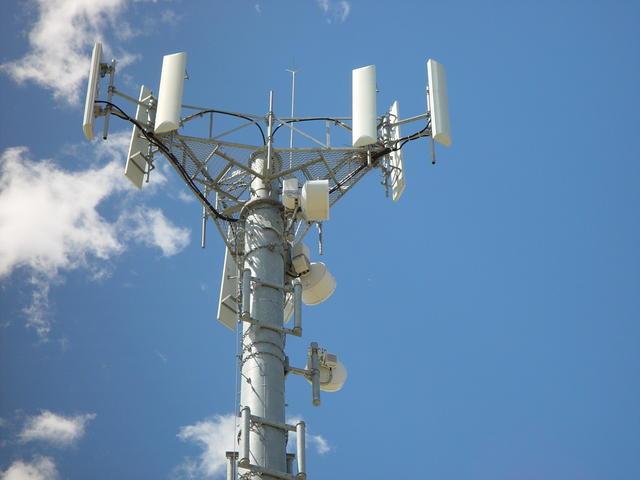T-Mobile has requested that the Federal Communications Commission consider the idea of mandating the interoperability of all LTE networks in the 700MHz band. T-Mobile argues that such a move would encourage LTE roaming and help boost public-safety, which also plans to use the 700MHz band for a nationwide broadband network.
Current LTE devices offered by both Verizon and AT&T cannot work on both networks because they use different bands. The interoperability problem comes down to the different band classes inside the 700MHz spectrum band as AT&T and Verizon are using two separate band classes.
In its FCC filing, T-Mobile argues that the FCC should adopt rules to make all band classes in the 700MHz range interoperable. T-Mobile’s position aligns them with T-Mobile with C Spire and MetroPCS, both of whom have argued that broad interoperability should be part of AT&T’s purchase of Qualcomm spectrum.
T-Mobile wants 700MHz interoperability to help make roaming easer for carriers like T-Mobile, which plans to deploy their own LTE network inside their AWS spectrum holdings. Striking roaming deals with carriers like AT&T and Verizon would be easier and more convenient for the consumer if they could roam onto multiple networks using the 700MHz spectrum.
“As the commission has recognized, roaming allows carriers to be more competitive and provides important benefits to consumers,” T-Mobile wrote in it’s filing. “Moreover, because of the concentration in the wireless marketplace, roaming is an increasingly important tool for carriers to be able to compete. Therefore, current carriers’ ability to provide roaming on 700 MHz systems will promote competition in the wireless marketplace, to the ultimate benefit of wireless consumers.”
AT&T and Verizon have argued against an FCC mandated interoperability rule for the 700MHz band, saying the government has no authority to create such a mandate. They also claim there are technical reasons against such a requirement and that a 700MHz mandate would create extreme development costs that could slow their respective rollouts of LTE.

